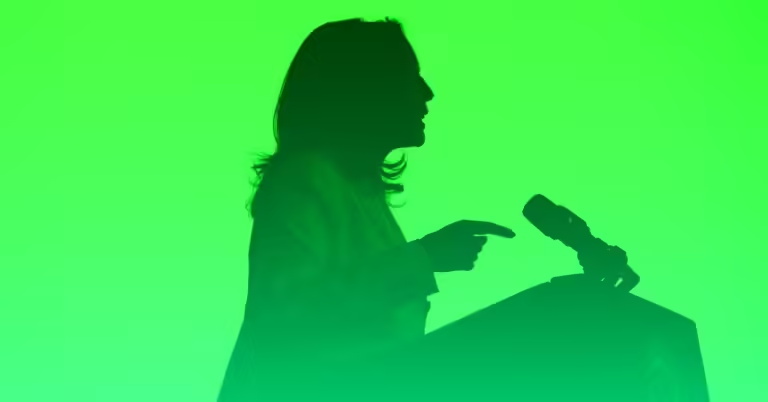Vice President and Democratic presidential candidate Kamala Harris’ official Instagram page has a post pinned featuring her and running mate, Minnesota Governor Tim Walz. Along with praise, criticism, and multiple “Trump 2024” comments, there are several comments asking whether Harris offered Walz oral sex, including one calling her a “camel toe.”
Harris has long been the target of online harassment, which is likely to intensify as the election campaign drags on. But a new report from the Center to Combat Digital Hate, a nonprofit that tracks online hate speech and misinformation, found that Instagram failed to remove 93% of the 1,000 hateful and violent comments targeted at Republican and Democratic female politicians, including Harris, that were reported to the platform.
CCDH CEO Imran Ahmed says that by doing so, the platform is helping to create an environment that discourages women from running for political office. “This is an unacceptable and regressive barrier to women’s political participation,” he said.
The researchers monitored the accounts of 10 current female US politicians for six months: five Democrats (Harris, Sen. Elizabeth Warren, Rep. Nancy Pelosi, Rep. Alexandria Ocasio-Cortez, and Rep. Jasmine Crockett) and five Republicans (Rep. Marjorie Taylor Greene, Rep. Anna Paulina Luna, Rep. Lauren Boebert, Rep. Maria Elvira Salazar, and Sen. Marsha Blackburn). The abuse they observed ranged from death and rape threats to racist slurs and more generally harmful comments.
In a comment aimed at Senator Blackburn, one user wrote, “I hope someone throws you in a ditch and lets you die,” while another targeted Rep. Crockett, saying, “All the black women trolling her should stop being single mothers and spend more time raising the trash that is destroying your f**king country…” And yet another, this time aimed at Rep. Pelosi, wrote, “I hope whoever attacked your husband has more allies and finishes the job.”
The researchers collected more than 500,000 comments from 877 Instagram posts between January 1 and June 7, 2024, and used Google Jigsaw’s Perspective API to analyze them for content that appeared to violate the platform’s community standards. (Meta’s policies prohibit attacks based on “race, ethnicity, nationality, disability, religion, caste, sexual orientation, gender, gender identity, or serious disease,” threats of violence, calls for self-harm, and “explicitly sexualized comments.”) The team then used the report feature to report 1,000 inappropriate comments to the company to see if they would be removed from the platform.
Some comments, such as one that described Rep. Crockett in racist terms, clearly violate Meta’s community standards. Others, such as one that told VP Harris to “Go to the border, you worthless piece of shit!”, are what the researchers define as “harmful” — not necessarily direct threats or insults, but “rude, disrespectful, or unreasonable comments that may disengage someone from the discussion.” While they may not cross the line into using sexual or racial language that warrants removal, the researchers say toxic comments are part of what creates an overall hostile online environment for women politicians. The CCDH analysis found that roughly 1 in 25 comments contained harmful content.

